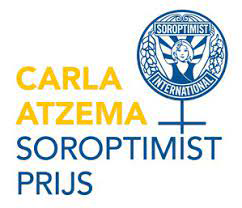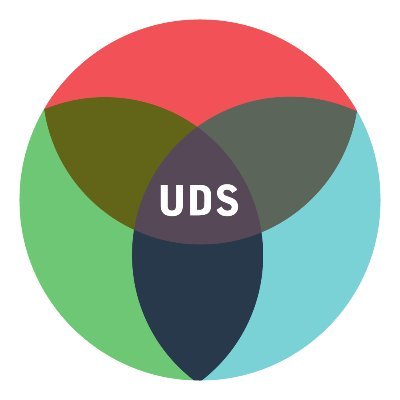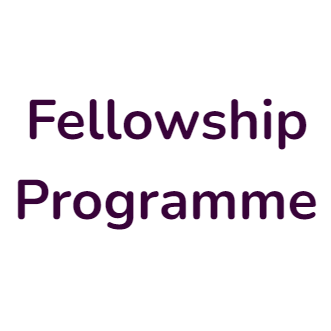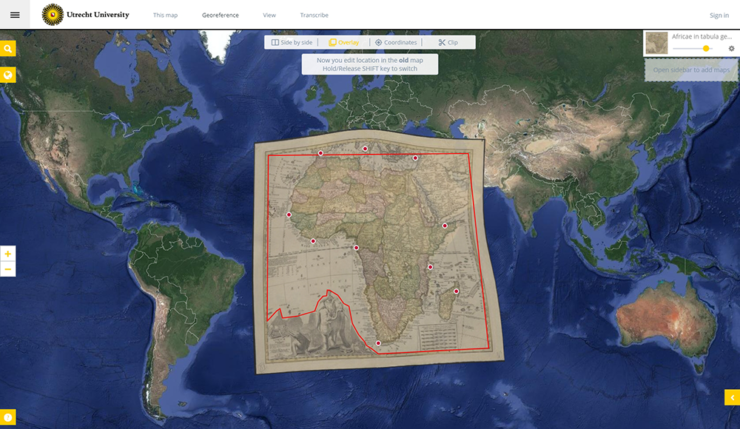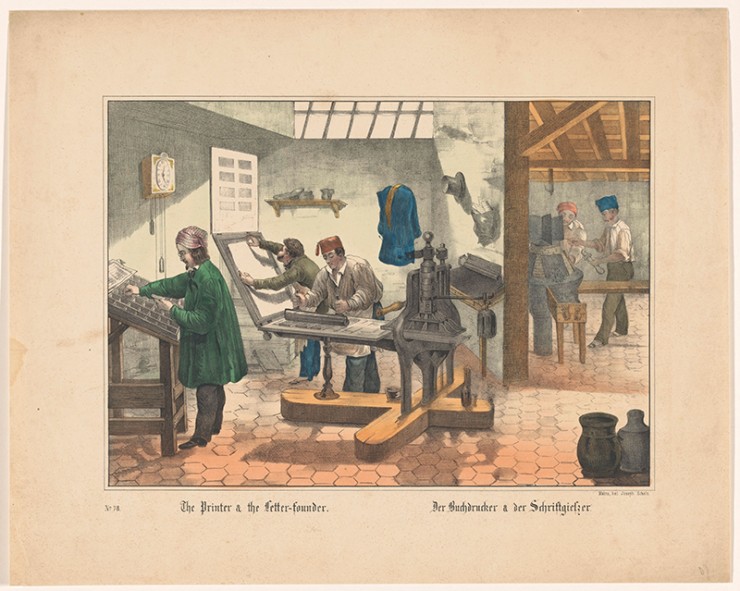Interview with Suzanne Ros, winner of the Digital history thesis award
During her research into the term ‘Anthropocene’ for her bachelor’s thesis in history, Suzanne Ros discovered that the subject was much larger than she had expected. She decided to dive into digital methods that could help her with her analysis, and she taught herself Python through YouTube videos. Successfully. She won the recently created thesis
Places available for the Statistics for Humanities beginner’s course on March 18 and June 3
Due to the cancellation of this workshop last week, we are now organizing two replacement workshops of the course ‘Basics of Statistics – Hands-on training day for humanities/researchers’. The first will take place on Friday, March 18, and the second on Friday, June 3. Workshop content Data are becoming increasingly important in the humanities. In
Basics of Statistics – Hands-on training day for humanities teachers/researchers (March 18)
Data are becoming increasingly important in the humanities. In this one day course, intended for researchers and teachers in the humanities, you will learn the basics of statistical data analysis. Due to the cancellation of this workshop on March 3, prof. Hugo Quené will now give this Statistics course on March 18. If you are
Basics of Statistics – Hands-on training day for humanities teachers/researchers (June 3)
Data are becoming increasingly important in the humanities. In this one day course, intended for researchers and teachers in the humanities, you will learn the basics of statistical data analysis. Due to the great interest in the previous training, we are repeating this Statistics course. The training will be given by prof. Hugo Quené. He will
Vote for the Carla Atzema Soroptimistprijs
The article ‘Misogynie als politiek wapen‘, for which Joris Veerbeek and Sahra Mohamed conducted the data research, has been nominated for the Carla Atzema Soroptimistprijs, an award for an outstanding journalistic project on the position and rights of women. You can vote now! The nominated article on the sexism that female political representatives have to
Utrecht Data School joins CDH
Starting March 1st, 2022, Utrecht Data School (UDS) will become part of the Centre for Digital Humanities (CDH) at Utrecht University under the joint deanship of the Faculty of Science and the Faculty of Humanities. Investigating the implications of AI and datafication for our digital society requires concerted interdisciplinary and transdisciplinary efforts. Over the past years, UDS developed collaborative projects with societal
CDH@RUG presents: Digital Hands ON webinar series – Discussing the handling of historical texts through DH tools
Digital Hands ON is the new webinar series of the Groningen Centre for Digital Humanities, highlighting new tools and methods. Historical texts are crucial across Humanities fields, and a variety of digital methods both enhance and expand our possibilities for studying, exploring, editing, and manipulating them. This series brings together scholars and researchers from different domains to
Webinar series to learn how to work with CLARIAH Media Suite
In the spring semester 2022, the CLARIAH Media Suite team offers a webinar series that introduces participants to working with the audiovisual collections, tools and methods made available in the Media Suite. Each webinar starts with a theoretical introduction followed by a hands-on session. The team starts the series with an introductory session focusing on
Become an eScience Center Fellow
The Netherlands eScience Center is looking for individuals who have the ambition to promote or improve the use of research software within their organization or discipline. They invite them to apply to become an eScience Center Fellow. Deadline to apply is April 11, 2022. This Fellowship is aimed at those who want to make a difference
UB & CDH present: Georeferencing: An innovative update for old maps
During this University Library showcase of the Special Collections, curator Marco van Egmond will show a number of beautiful applications and possibilities of georeferencing using practical examples. For ten years now, the Utrecht University Library has been georeferencing parts of its collection of maps: that means digitally positioning a scan of an old map over
CDH Webinar: Computer vision in early modern print culture
Currently computer vision tooling is available in abundance. In this online lecture Jeroen Salman (CDH affiliated member) and guest speaker Giles Bergel (Oxford University) explore some of the tools that help early modern scholars to systematically analyse images in collections of pre-modern prints and illustrated books (engravings, etchings, woodcuts). To what extent can we answer
AI Labs call to action – new deadlines for 2022
AI Labs has issued a second call to action for new project ideas, with 1 March 2022 as the deadline. About AI Labs AI Labs are a collaborative fund from the faculties of Science, Geosciences and Humanities. Utrecht University encourages more collaborative, transdisciplinary, long-term and sustainable research projects with public and private organisations. With the




